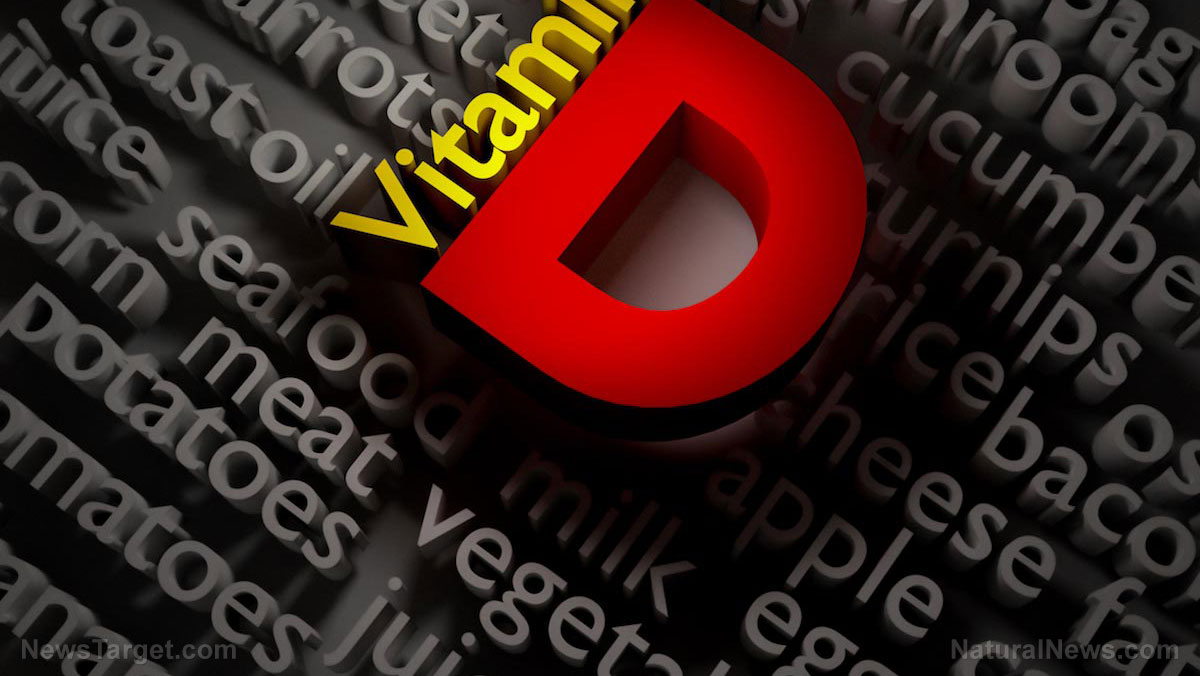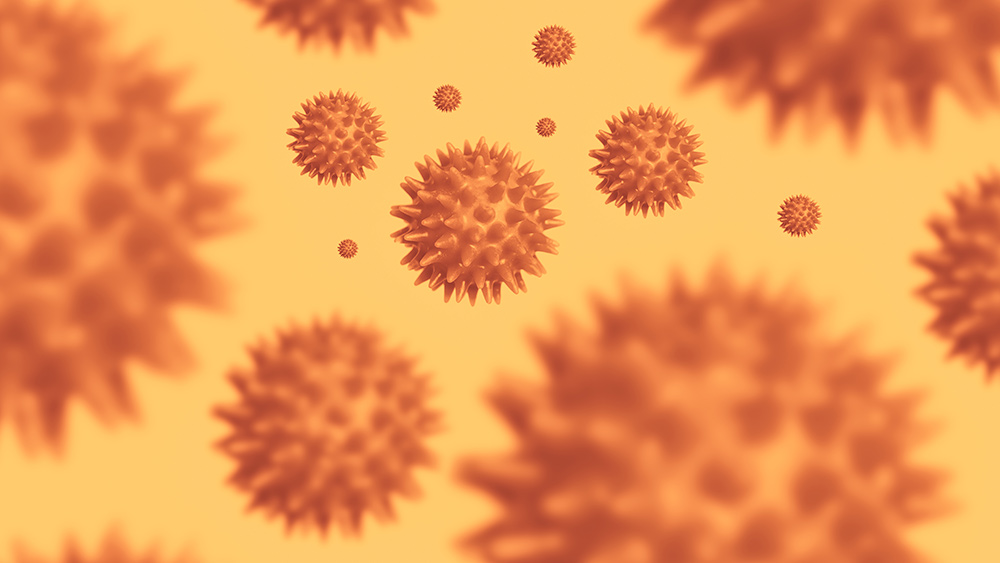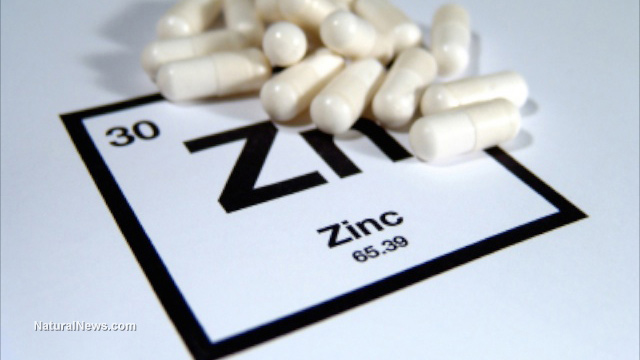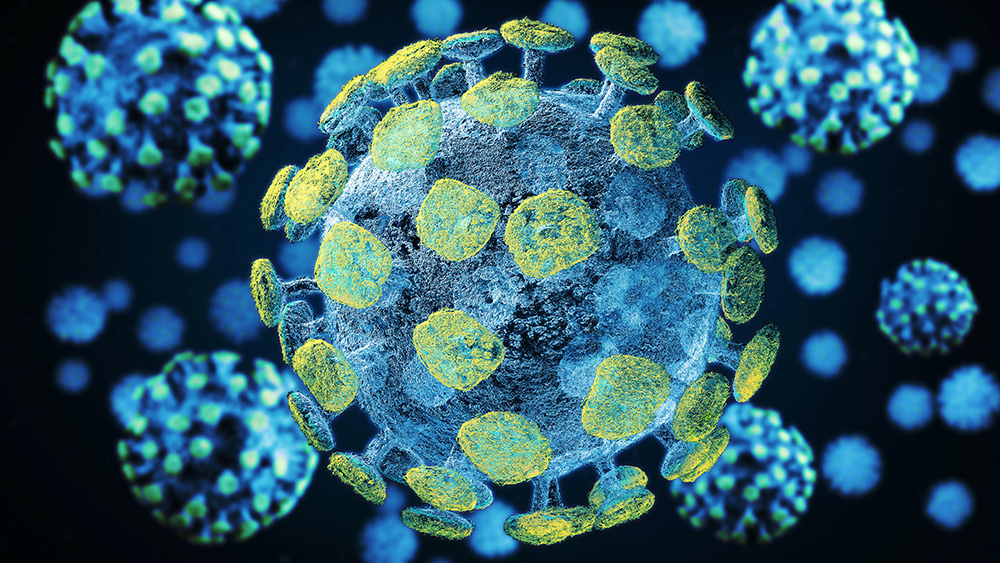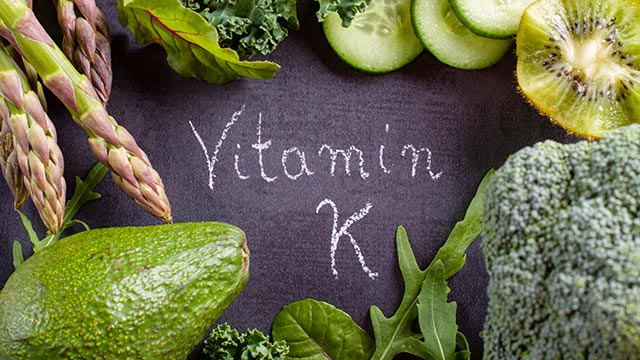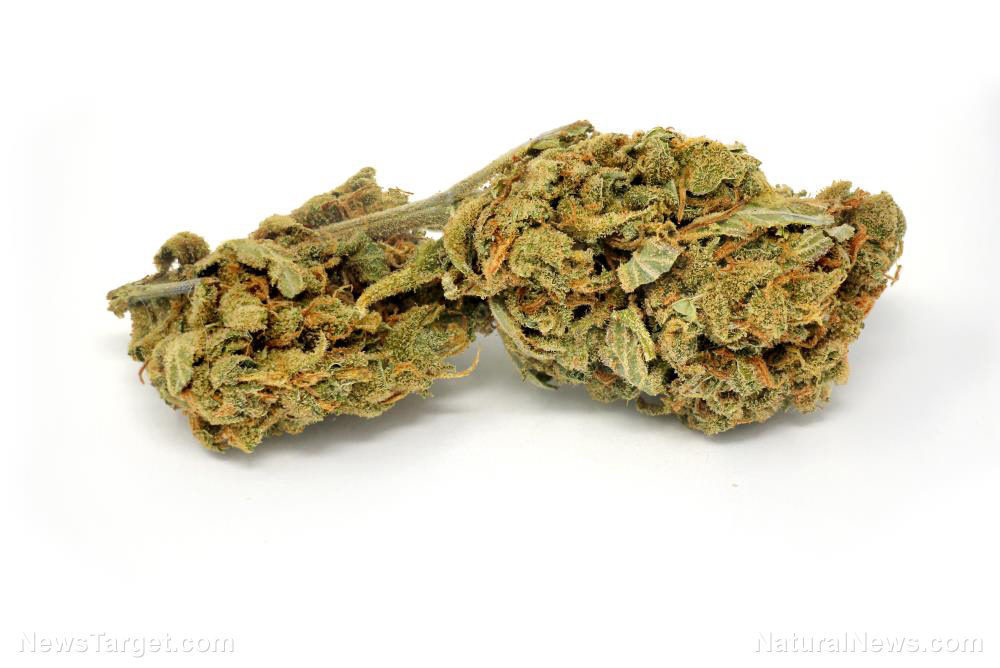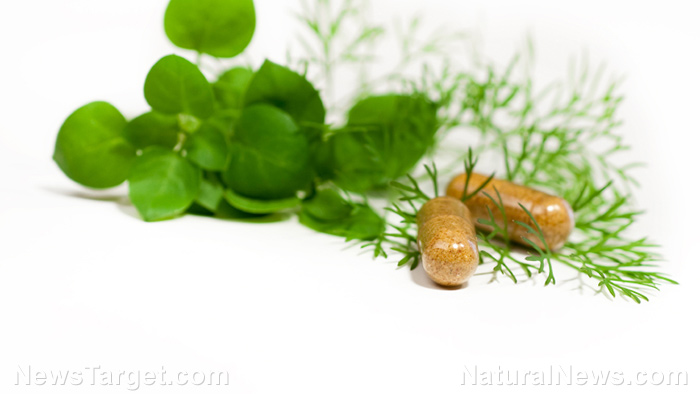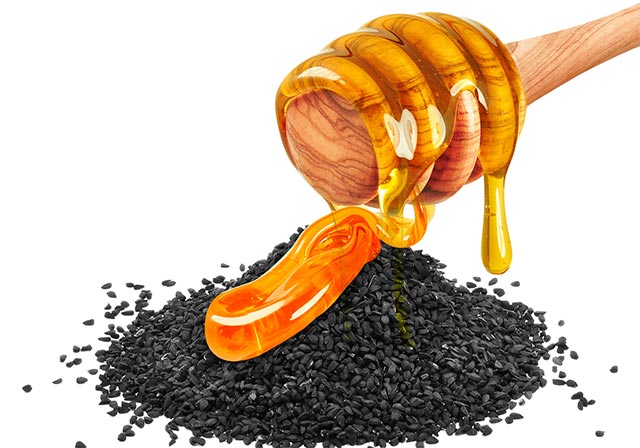Worried about coronavirus? Make sure you’re getting enough zinc
04/03/2020 / By Cassie B.
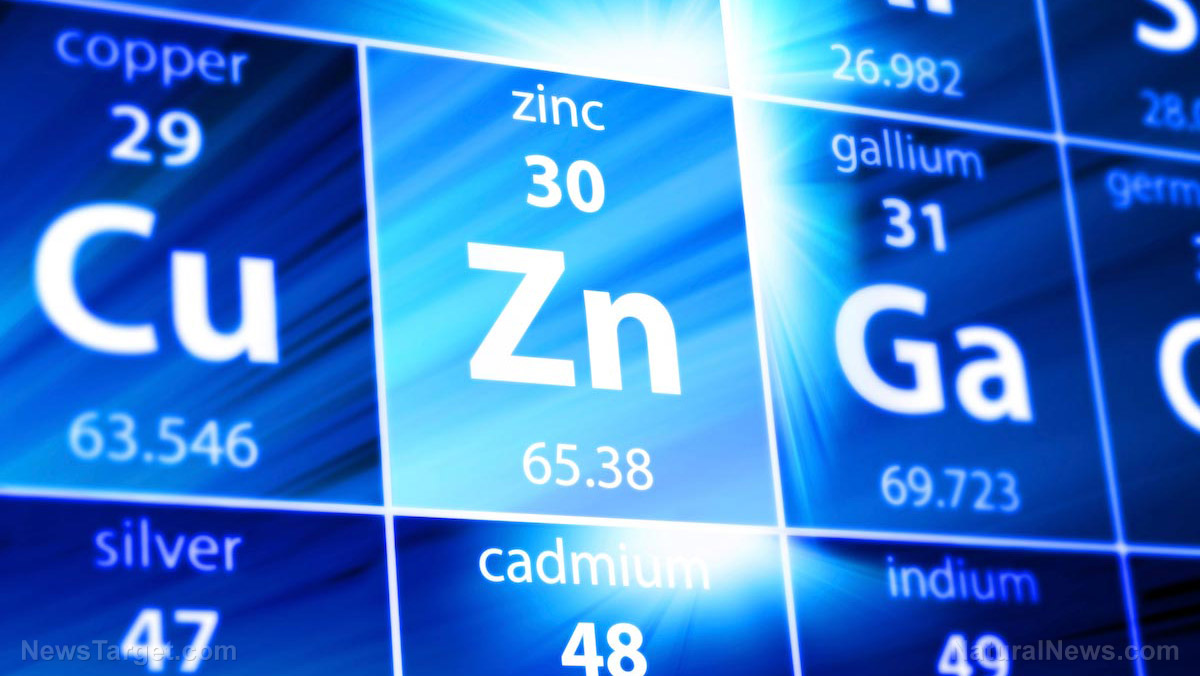
If you’re stuck at home and feeling a bit helpless when it comes to the coronavirus, you’re not alone. When we hear how easily the disease is spread, you might think there’s nothing you can do to lower your odds, but you actually have more control than you think. By strengthening your immune system, you can better help your body fight many types of sicknesses that may set in, and zinc can play an important role in this important endeavor.
A new review that was published in Advances in Nutrition illustrates the power of zinc in improving immune function while protecting against a range of viruses that includes HIV, hepatitis C, and more.
Zinc is an essential mineral that your body needs for growth, development and cell division. Researchers have long been aware of its ability to lessen the duration and severity of cold symptoms, but less was known about its action against more serious viruses until recently.
Researchers have found that zinc fights viruses in two different ways. In addition to being a direct antiviral, it also stimulates antiviral activity. And given its proven effects on colds – many of which are caused by a type of coronavirus – and the coronavirus-related SARS infection, it stands to reason that it could also provide benefits for the COVID-19 strain.
It works by stopping the ability of viruses to reproduce and spread. The review of studies that appeared in Advances in Nutrition reported that zinc led to a reduction in the viral load of people with respiratory syncytial virus, and it stopped viral RNA and protein synthesis in gastroenteritis viruses.
Interestingly, one of the signs of a zinc deficiency is a loss of the senses of taste and smell, which also happens to be one of the early symptoms of a COVID-19 infection. Other signs include fatigue, slow would healing, frequent infections, food cravings, hair loss and infertility.
It’s estimated that 12 percent of Americans don’t get enough zinc in their diet, while the figure for those older than 65 is 40 percent. This also happens to be the age group that is the most vulnerable to severe complications from coronavirus. In addition to the elderly, people with certain digestive disorders and those who take oral contraceptives are especially susceptible to zinc deficiency.
How much zinc is enough?
Thankfully, studies have shown that zinc supplements can boost people’s immune status, with short periods of taking supplements leading to substantial improvements in people with certain viruses and other sicknesses. In a double-blind, placebo-controlled study, participants were given either 30mg of zinc or 5 mg of the mineral for three months. The researchers saw a significant rise in the levels of infection-fighting T cells in the group that took the higher dosage of zinc.
According to the Office of Dietary Supplements, 11 mg of zinc per day is ideal for men, while women should aim for 8 mg. Zinc can be found in foods like grass-fed beef, organic chickpeas, cashews, pumpkin seeds, cage-free eggs and free-range poultry. It can also be taken in supplement form. It’s just important not to overdo it or you could end up with side effects like diarrhea, nausea or copper deficiency.
A strong immune system has never been more important than it is right now, both in terms of preventing coronavirus and also preventing any illness that might bring you to a doctor’s office or emergency room where you could potentially be exposed to the virus. Make sure you get enough vitamins and minerals – especially zinc, vitamin C and vitamin D – preferably from food sources to give your body a fighting chance.
Sources for this article include:
Submit a correction >>
Tagged Under:
coronavirus, covid-19, food science, immune system, immunity, infections, minerals, natural remedies, nutrients, nutrition, outbreak, pandemc, pandemic, prevention, supplements, viruses, zinc
This article may contain statements that reflect the opinion of the author
RECENT NEWS & ARTICLES
COPYRIGHT © 2017 CoronavirusNutrients.com
All content posted on this site is protected under Free Speech. CoronavirusNutrients.com is not responsible for content written by contributing authors. The information on this site is provided for educational and entertainment purposes only. It is not intended as a substitute for professional advice of any kind. CoronavirusNutrients.com assumes no responsibility for the use or misuse of this material. All trademarks, registered trademarks and service marks mentioned on this site are the property of their respective owners.




